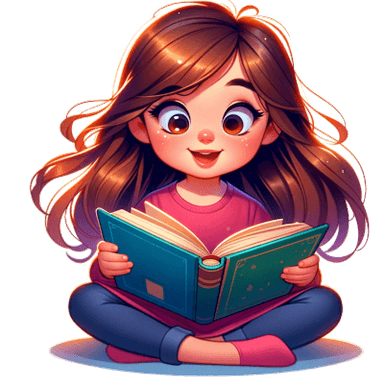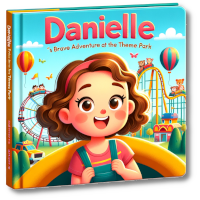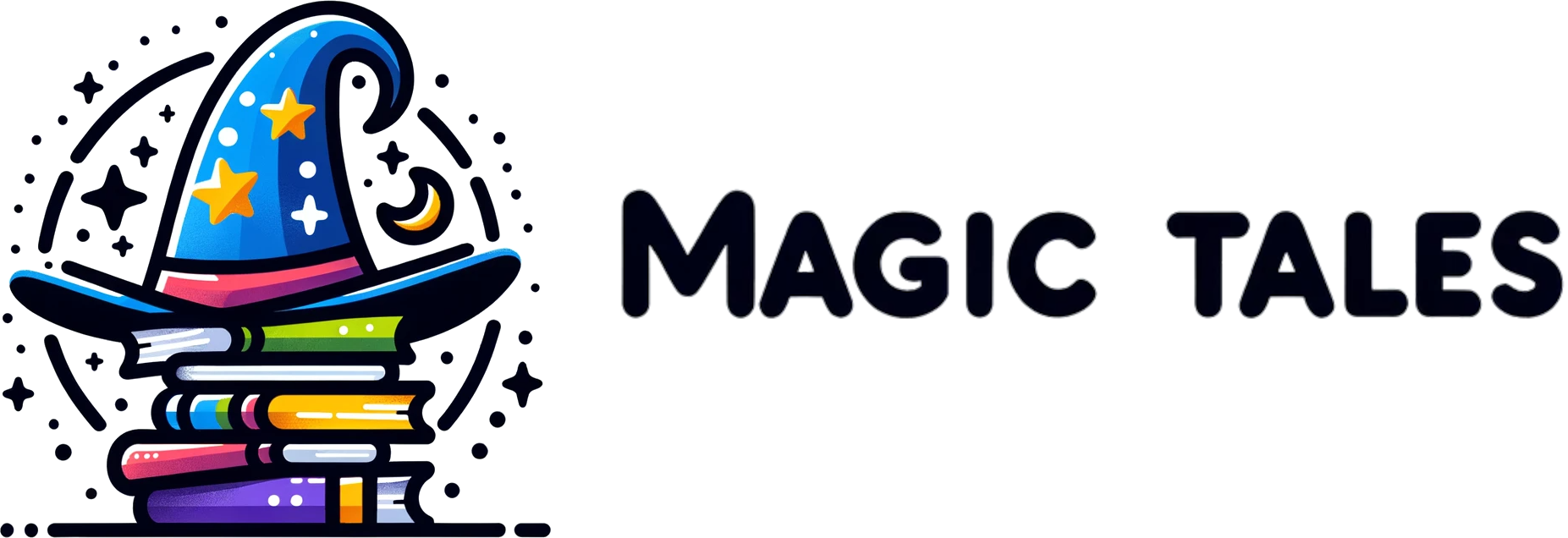Reading with children
a blog by Magic Tales

Unearthing the Psychology of Family Values in Children's Literature
Delving Deeper: The Psychology of Family Values in Children’s Literature
As educators, parents, and promoters of literacy, we always strive to choose children's books that convey strong moral messages, valuable life lessons, and promote wholesome family values. In essence, it is not just the world of adventure, magic, fun, and imagination that children's literature opens, the value of family often remains the core message at the heart of these stories. Within this blog post, we will be exploring the psychological context behind the inclusion of family values in children’s literature.
Why Family Values Are Important?
Before we delve into the specifics, it’s important to fully understand why promoting family values in children's literature is vital. Essentially, family values create the fundamental foundation for social interaction and dictate how children perceive, interact, and empathize with those around them. These values play a crucial role in shaping a child's behavior, beliefs, and character, influencing their growth into responsible and well-rounded adults.
The Psychology Link
From the perspective of psychology, literature can significantly shape a child's cognitive and emotional development. Research indicates that children begin to comprehend complex emotions, various life situations, and the concept of family through the books they read. The inclusion of family values in literature provides children with concrete examples of these abstract concepts, aiding them in their understanding.
Characters like The Berenstain Bears or The Weasleys in Harry Potter present different examples of families’ lifestyles, implicitly teaching children about the importance of love, unity, care, and understanding within a family. These families, though wildly different, underline the notion that every family is unique yet equally valuable.
Family Values And Emotional Learning
Instituting family values through children's literature also positively impacts a child's emotional learning, leading to better emotional intelligence and resilience. By reading about the dilemmas, triumphs, trials, and sacrifices that characters make for their families, children learn to recognize, comprehend, and manage their emotions. Stories revolving around values such as honesty, responsibility, compassion, respect, and courage assist in creating a rich tapestry of emotional understanding and guide children to make positive choices.
Creating A Celebration Of Diverse Families
In today's interconnected world, creating an understanding and acceptance of diversity is of paramount importance. Family values presented in children's literature illustrate various family dynamics and structures – from single-parent households and extended families to adopted families and other non-traditional arrangements. This approach normalizes the different appearances family can take, fostering a sense of empathy and inclusivity.
Final Thoughts
The beauty of children's literature lies in its innate ability to educate while entertaining. A well-written book doesn’t just capture a child's interest; it also nourishes their mind and soul. As we choose books for our young ones, let's include comprehensive stories that emphasize family values, providing not only a fun reading experience but also a valuable lesson about the importance of family in our lives. In doing so, we are truly harnessing the power of literature, shaping not just good readers, but good human beings who appreciate and cherish the value of family.
Want a personalized book to read with your child about Value of family?
Takes as quickly as 30 seconds to create
Create a book about Value of family

